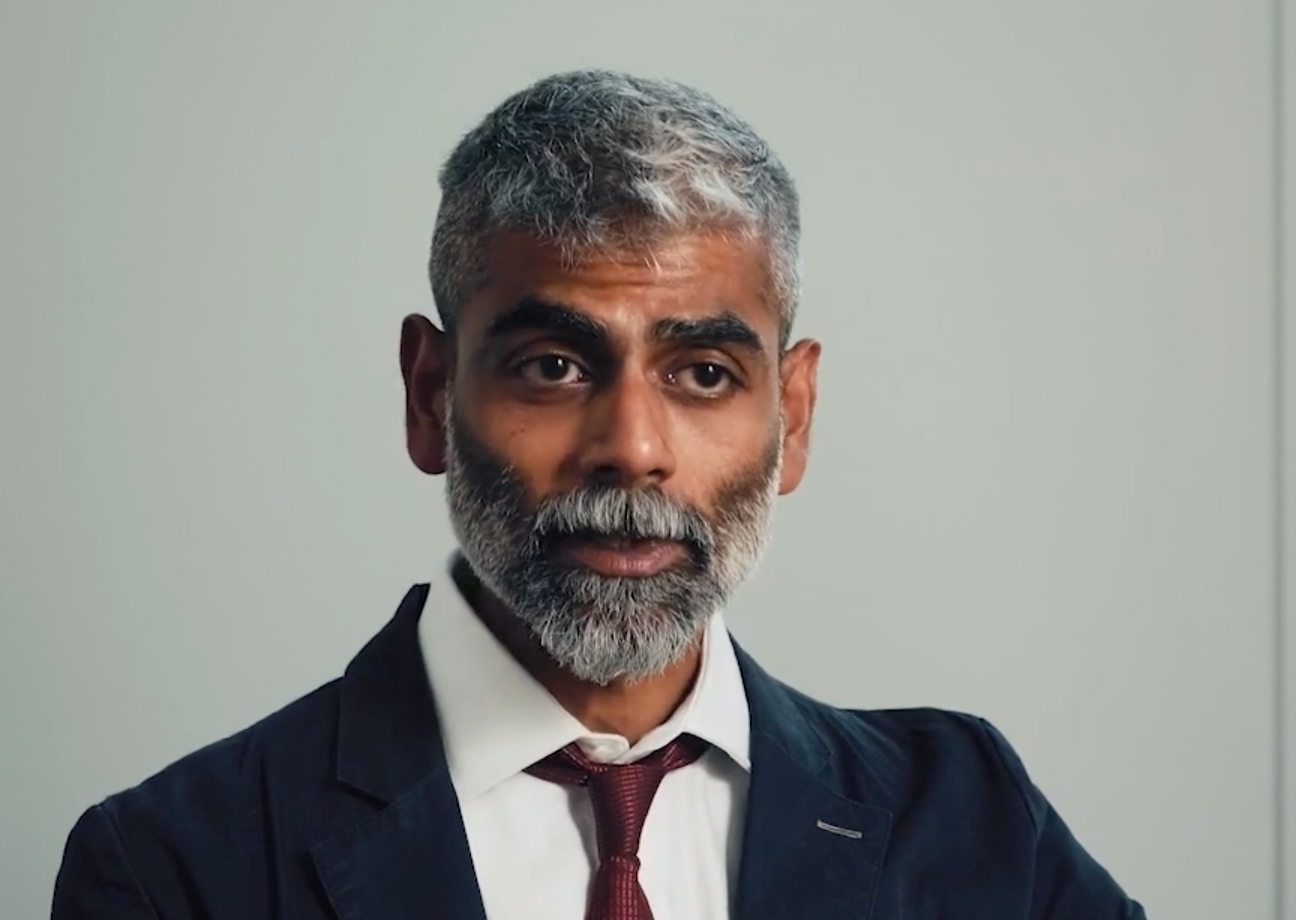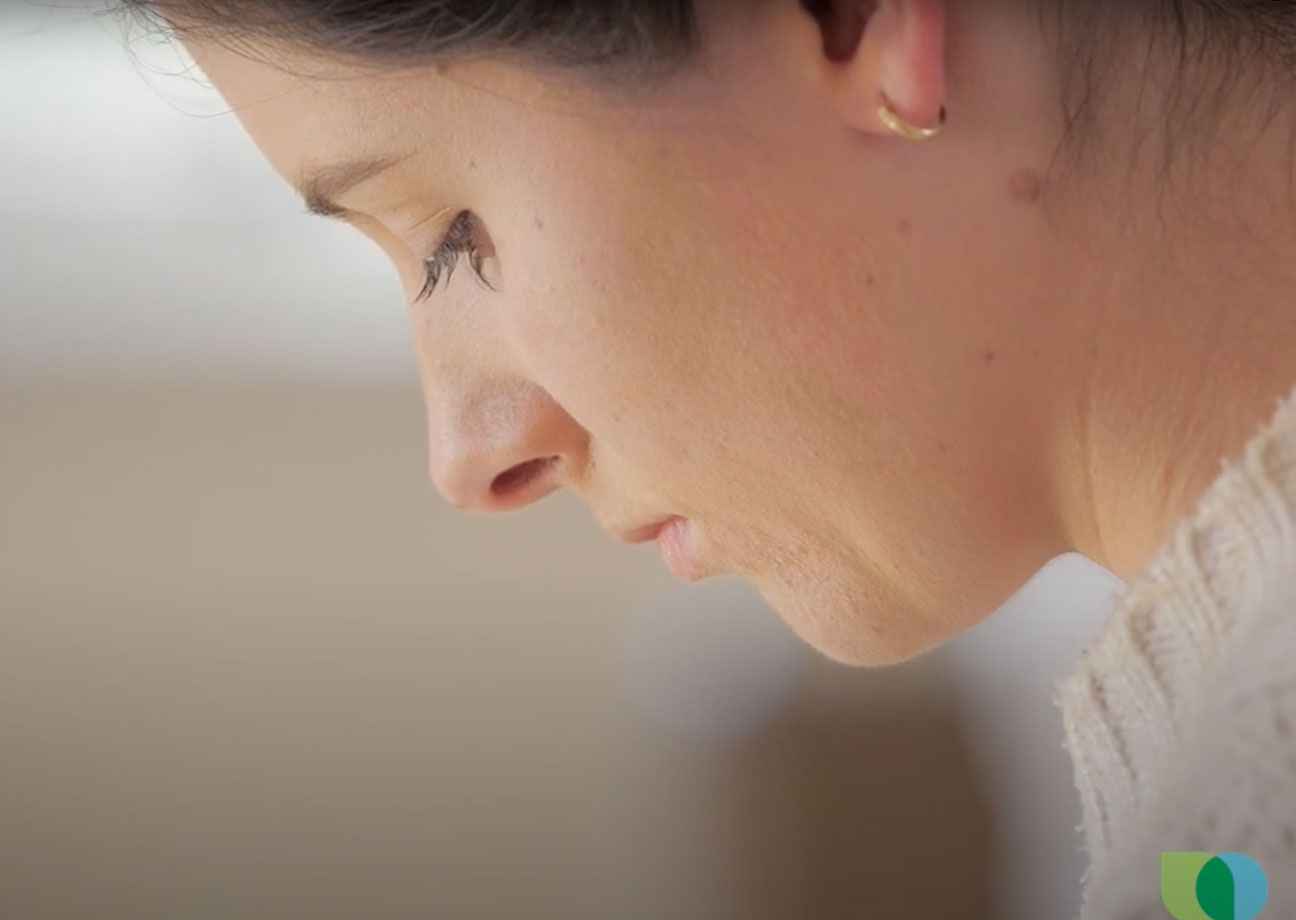
Functional neurological disorders are medical mysteries; patients may experience seizures, weakness, tremor, or cognitive, speech, gait or vision issues. Often they also have chronic pain, fatigue, gut and respiratory symptoms, and yet there is no evidence of a disease process in the brain or central nervous system to explain these distressing and disabling neurological symptoms. The nervous system, it seems, simply misfires, giving rise to disorders without any accompanying physical target for treatment.
In the video, Dr Adith Mohan describes how the Mindgardens FND Clinic is creating new treatment insights
The Mindgardens Functional Neurological Disorders (FND) Clinic, based at the Prince of Wales Hospital in South Eastern Sydney, aims to transform care for FND patients, typically young to middle-aged adults who are likely to have passed between different medical specialties for several years before their condition is correctly identified.
The FND Clinic is pioneering supportive, multi-disciplinary treatment practices that focus on reducing disability and boosting people’s capacity to live the life they want to; despite their complexity, with the right support functional neurological disorders are treatable and potentially reversible.
The FND Clinic’s leader is Dr Adith Mohan, a senior neuropsychiatrist who works alongside clinical experts in neurology, rehabilitation medicine, physiotherapy, occupational therapy and psychology to determine a program of individualised care. After three months of intensive support, the patient returns to their referring doctor, so new patients can access the FND Clinic – which was developed with guidance from people living with FND.
Treatment plans and patients’ responses are rigorously documented, as part of a continually refined research study to identify effective care models that can be applied by clinicians in emergency, inpatient, and outpatient settings.
By providing a Mindgardens Neuroscience Network Translational Research Grant to establish the Clinic, Mindgardens is generating cross-disciplinary insights and innovations and translating research rapidly into practice in an area of pressing need. The work of the Mindgardens FND Clinic is creating a powerful evidence base for funders to invest in effective service responses to this important and neglected condition.
FND Resources
The Mindgardens FND Clinic has created a series of educational resources about FND for consumers and clinicians.
Grace’s Story
21 year old Grace Corkhill lives with functional neurological disorder (FND), a legacy of a childhood health crisis.
In this film Grace talks about her experience: how FND had left her isolated and fearful before a referral to the multidisciplinary Mindgardens FND Clinic in Sydney; how attending the clinic got her mental and physical health back on track; and her hopes and aspirations for the future.
Functional Neurological Disorder (FND) is a disabling but treatable condition that develops due to faulty signalling within the central nervous system. It can cause seizures, weakness, sensory disturbances, tremor, brain fog, and problems with speech, gait, and vision. It is often accompanied by chronic pain, fatigue, gut, and respiratory symptoms. FND is quite common, especially in women, and usually starts in early to middle adulthood. Patients may go undiagnosed for years and struggle to find effective treatment.
The Mindgardens FND Clinic, based at the Neuropsychiatric Institute at Sydney’s Prince of Wales Hospital, is combining multiple types of therapy, delivered by clinical experts in neuropsychiatry, neurology, rehabilitation medicine, physiotherapy, occupational therapy and psychology, in intensive, short-term individualised programs that can re-boot treatment for patients like Grace and set them on a new, more hopeful journey.
Brings together the strengths of four founding organisations












